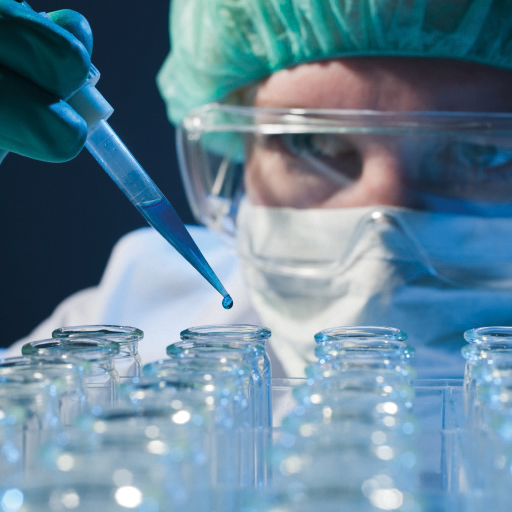

Delayed cord clamping & cord blood banking
As more and more research highlights the benefits of delayed cord clamping, it’s understandable that umbilical cord blood banking raises many questions for parents-to-be. Here we explain how delayed cord clamping works alongside cord blood banking to help protect your baby’s health.
Delayed cord clamping (also known as optimal cord clamping) is the process of clamping or cutting the umbilical cord after blood pulsations have stopped, or after the placenta has been delivered. It provides your baby with a healthy blood volume and iron levels as he/she transitions out of the womb, including a full count of important cells such as red blood cells.
The latest guidance from National Institute for Health and Care Excellence (NICE) recommends delayed cord clamping (for most newborns) with a minimum of 60 seconds after birth for all babies. It’s estimated that in this time, 80% of the umbilical cord blood is returned to the baby. This helps to protect from conditions such as iron deficiency anaemia and vascular instability.
Working together...
Delayed cord clamping with cord blood banking
It is a common myth that collecting cord blood prevents babies from reaping the benefits of cord clamping. In fact, a fraction of the approximate 200ml of blood in the umbilical cord and placenta is required to bank cord blood cells.
With cord blood collection, your baby will still receive the required amount of essential oxygen and nutrients found in maternal blood. The fraction of blood that is banked can then be cryogenically frozen and used to help tackle potential illnesses years into the future. Current uses include managing leukaemia, anaemia, bone marrow cancers and inherited immunity disorders.

Our Customer Care team are on hand for any questions that you may have
Why choose Future Health?
Once you’ve decided that cord blood banking is for you, the next decision is which biobank to trust with your baby’s sample. Here’s why we think you should choose us;


More samples stored than any other UK bank


